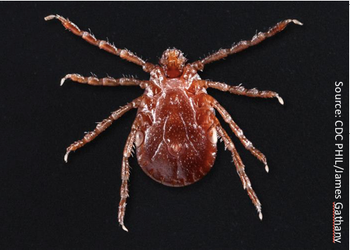
A study found that the climate of the eastern area of the United States is similar to the native habitat of the Asian longhorned tick in Asia and Australia, which suggests the tick will become more common in the US.

A study found that the climate of the eastern area of the United States is similar to the native habitat of the Asian longhorned tick in Asia and Australia, which suggests the tick will become more common in the US.
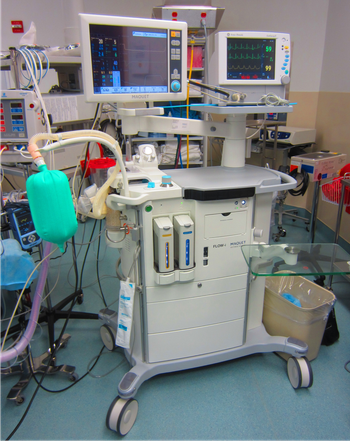
SHEA released new guidance to help increase infection control in the operating room.
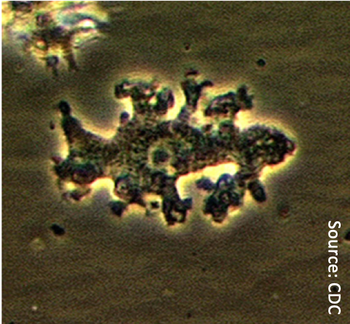
The recent death of a nasal irrigation user may have more to do with dirty water and/or improper use of the device, rather than a flaw with the approach.

The FDA has approved a 65 mg capsule of SUBA-itraconazole for the treatment of 3 systematic fungal infections in adult patients.

HIV diagnostics have gone mobile thanks to a new cellphone app and 3D-printed attachment that use optical sensing and micromotor motion to detect the presence of HIV-1 in a single drop of blood.

Is it time to screen for these bacteria and modify colorectal surgical prophylaxis?

New research suggests liver macrophages should not be considered an HIV reservoir, and thus should not be considered a target for HIV therapies.

The Center for Devices and Radiological Health of the US FDA has issued clearance for the Thermo Scientific QMS Plazomicin Immunoassay.

Pregnant women have been routinely excluded from the vaccination research and development process, even though this vulnerable class is sometimes uniquely affected by infectious disease outbreaks.

Are we ignoring the role of dialysis drains in preventing resistant-organism transmission?

We’ve rounded up a list of important US Food and Drug Administration (FDA) and US Department of Agriculture (USDA) recalls from this past week.
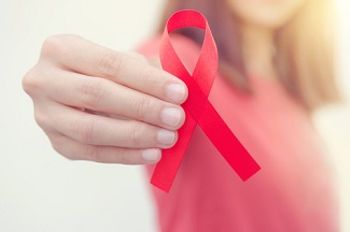
On December 1, 2018, international health organizations reflected on the advancements of the HIV/AIDS research field and acknowledged the challenges that still remain such as treating comorbidities and confronting stigma.
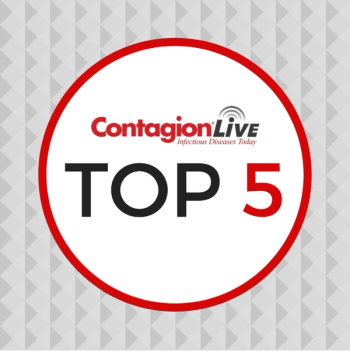
Stay up-to-date on the latest infectious disease news by checking out our top 5 articles of the week.

A new study sheds light on sources of Staphylococcus aureus transmission in the operating room.
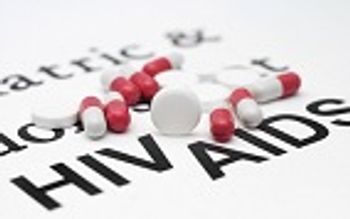
Could pharmacist-led medication reconciliation improve inpatient continuity of care in individuals with HIV?

A lack of funding is currently hindering response where it’s needed most; the supply of clean water and sanitation.

Concerns over the influenza vaccine’s effectiveness and its side effects are causing many Americans to forego an influenza vaccine this season, despite the severity of the 2017-2018 Season.

As the World Health Organization has reported an increase in malaria cases in 10 African countries, a new study offers open source findings on more than 600 new potential antimalarial drug candidates.
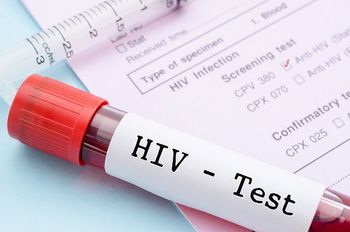
Young black gay men are strikingly more likely to have an HIV infection despite fewer sexual partners and more frequent screenings.
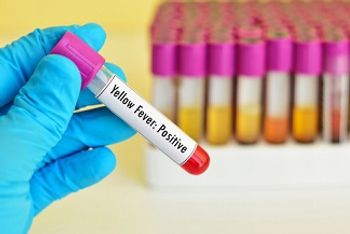
TY014 is the first candidate drug to be evaluated in clinical trials for the treatment of yellow fever.
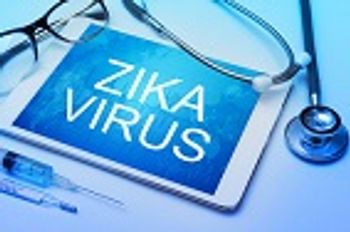
University of Hawaii medical school investigators have developed a Zika virus vaccine candidate that is proving effective in preclinical trials.
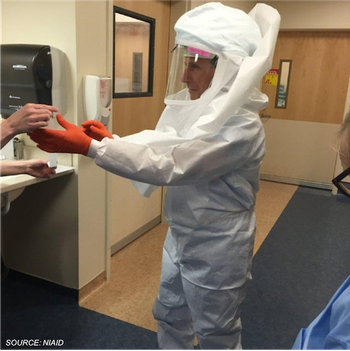
Saskia Popescu provides an inside look at the course, which focuses on training people on the PPE used for patients with Ebola or other highly infectious diseases.

Document also urges health care to take leadership role in efforts to mitigate effects of weather-related events.
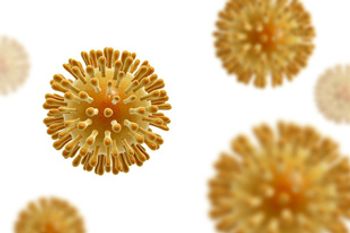
Scientists think they’ve hit on the mechanism by which certain patients are able to keep their levels of HIV low without relying on medication.

Bilirubin level, age, and sex should all be considered when assessing the need for a ciprofloxacin dose reduction in critically ill patients, German investigators reported in a new study published this week.

The rate of drug use-associated infective endocarditis hospitalizations and valve surgeries increased more than 12-fold in one US state, a new 10-year study shows.

A new report from the ECDC and WHO shows the disparity of new HIV diagnoses across Europe, with more than 80% of new cases occurring in Eastern Europe in 2017.
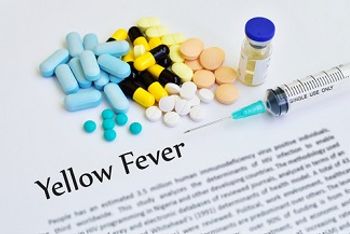
The results of a new Dutch study suggest a rationing protocol does not diminish the effectiveness of the vaccine.

Although decontamination strategies are thought to generally slash the rate of infection in ICUs, a new study finds that the use oral and digestive tract decontaminants in ventilated ICU patients is not associated with a reduction in antibiotic-resistant bloodstream infections.

Pharmacokinetic analyses provide evidence to support once-weekly dosing of rezafungin to prevent Aspergillus fumigatus in bone marrow transplant recipients.